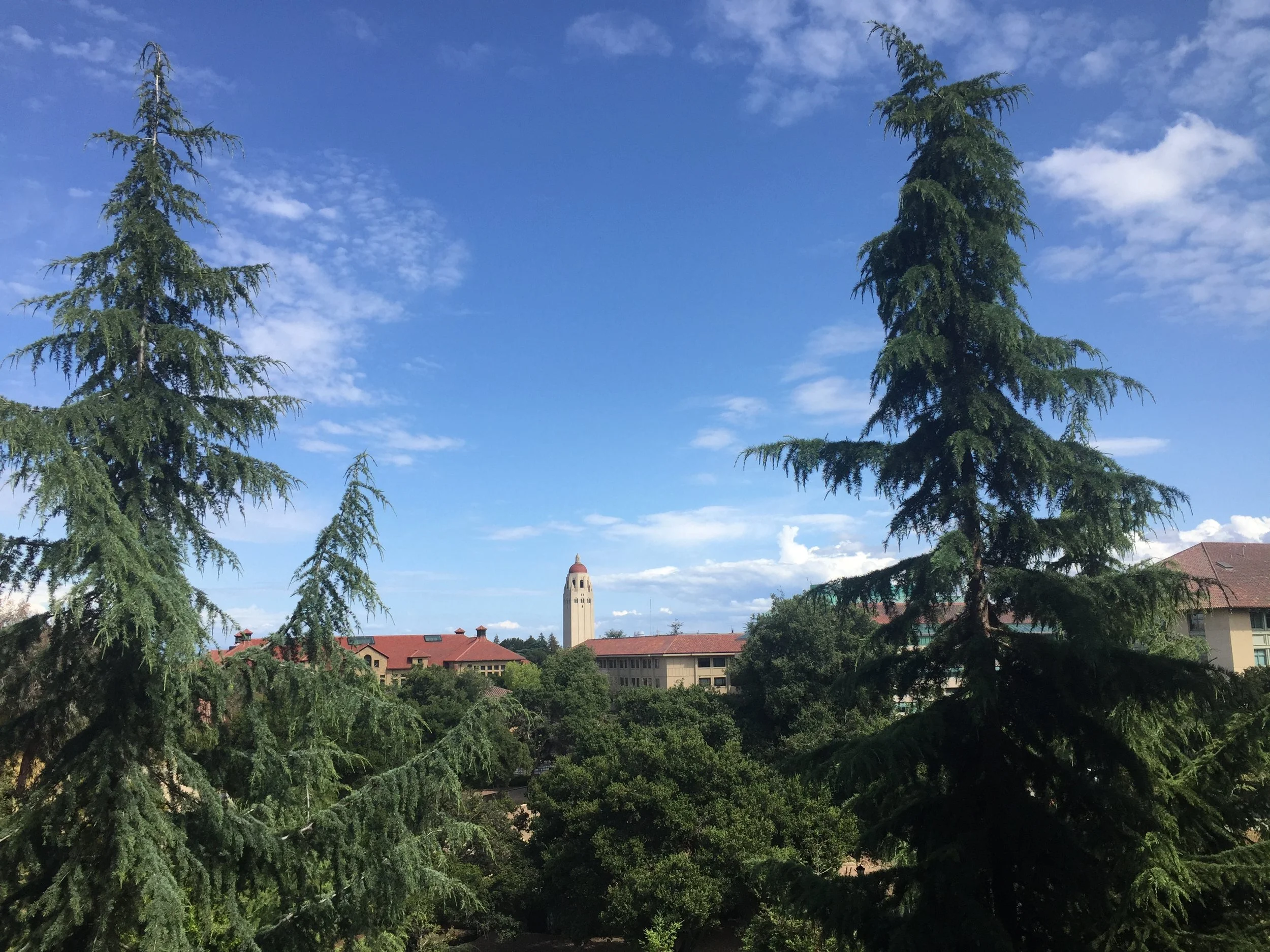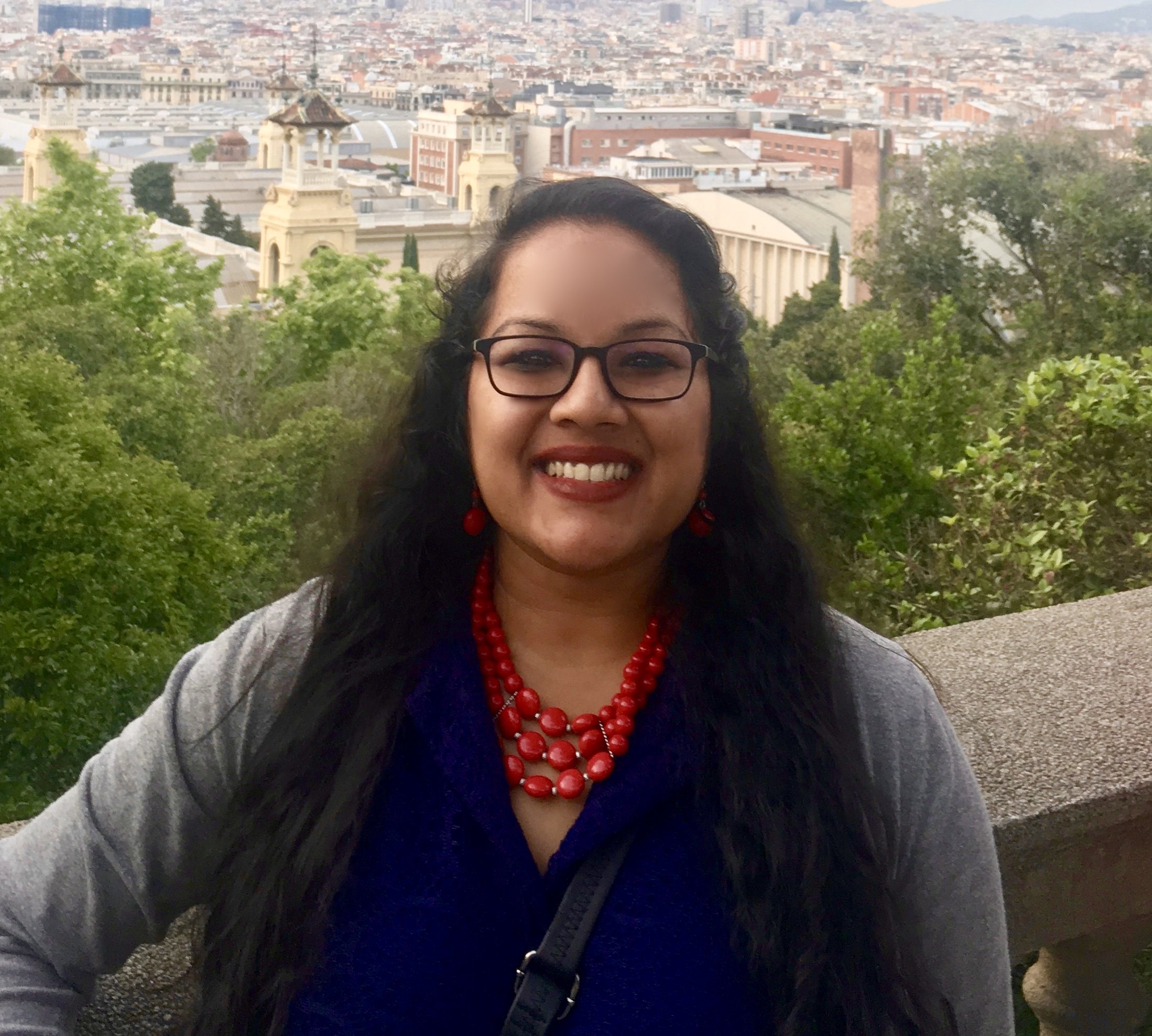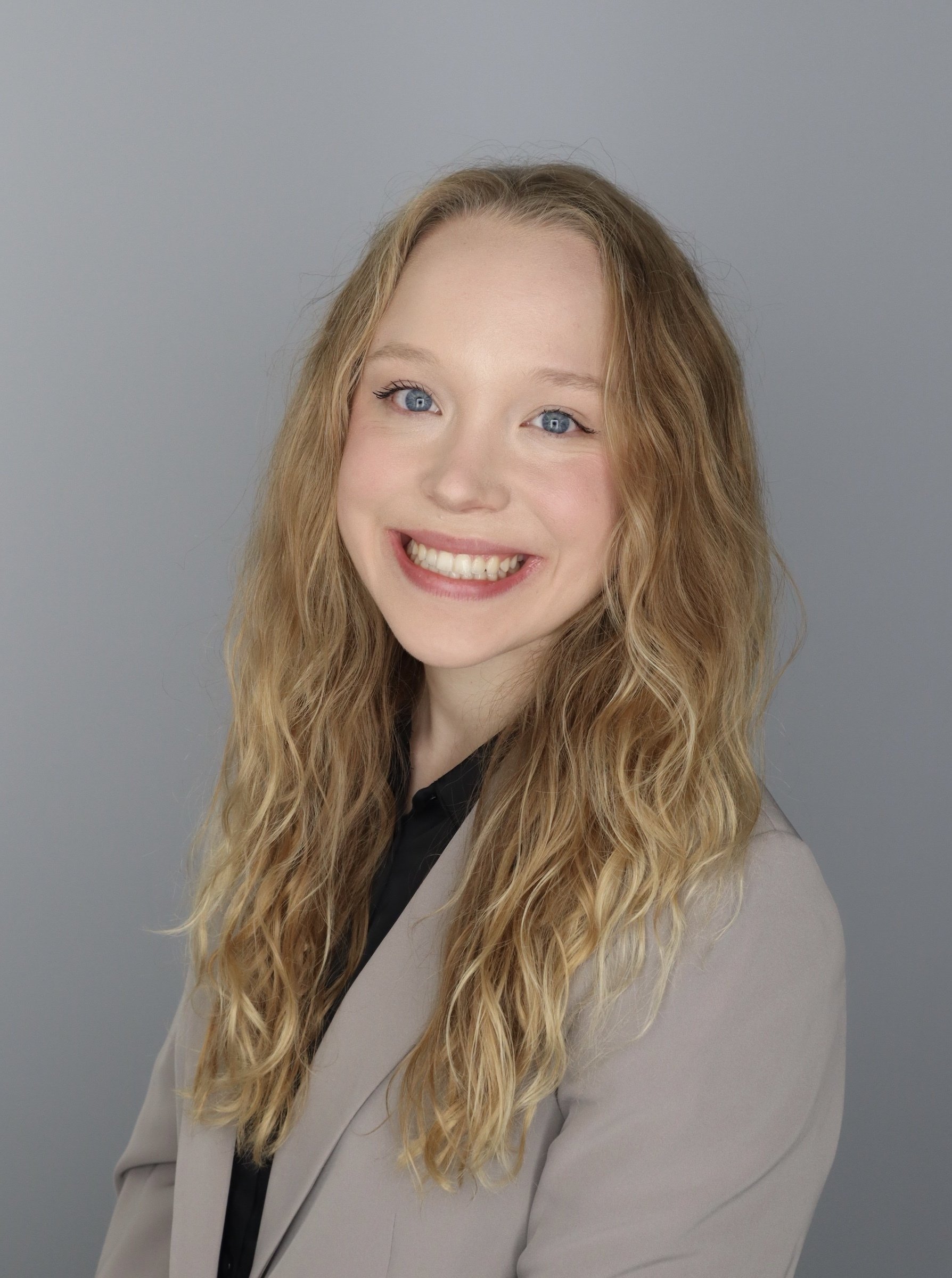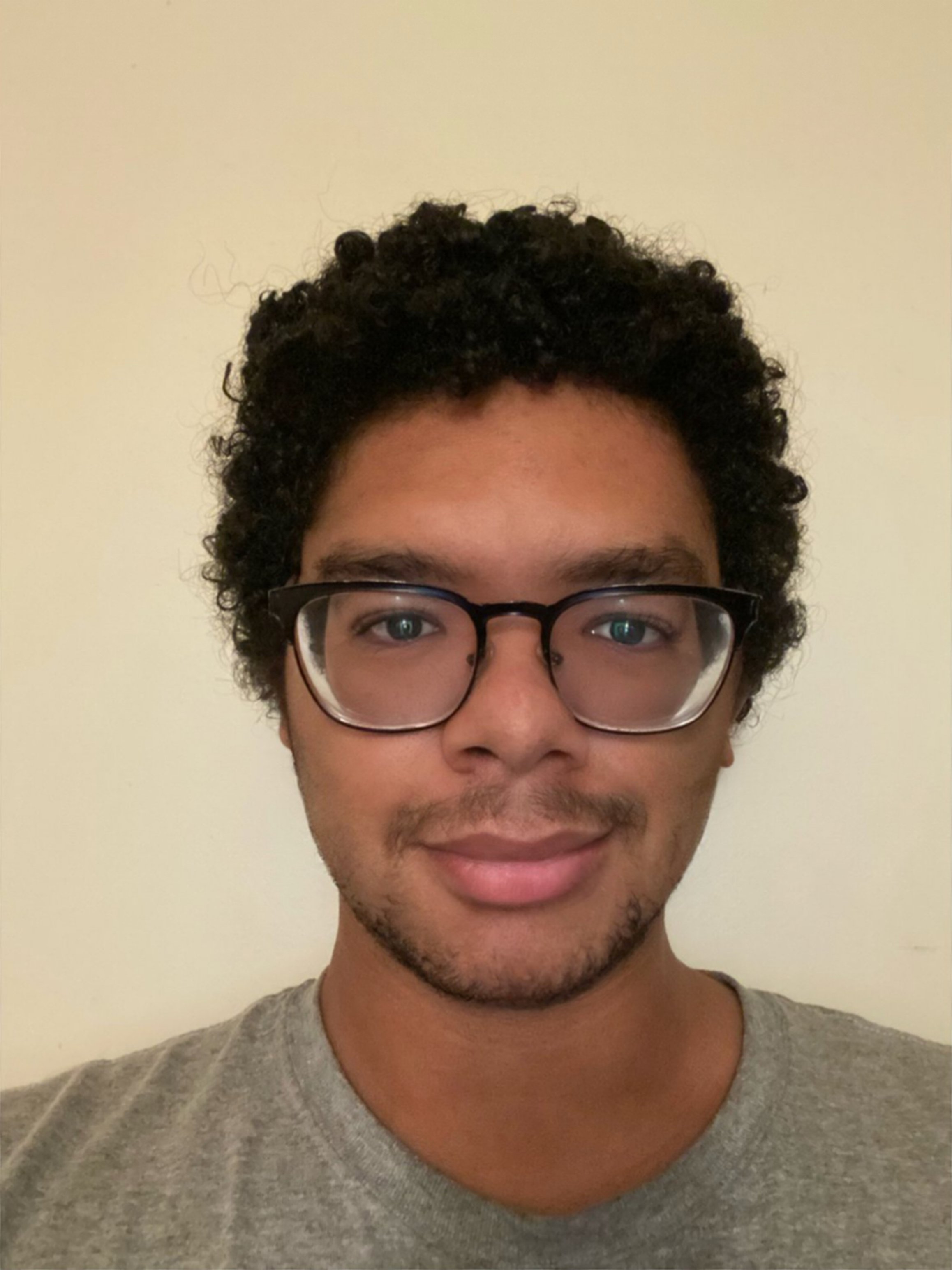

Scientific Team
Scientific Team
Scott Dixon, Ph.D. ~ Principal Investigator
Scott was born in Ottawa, Canada. He completed a Ph.D. in medical genetics with Peter Roy studying worm neuromuscular development (University of Toronto, 2007), a first postdoc with Charlie Boone investigating yeast genetic interaction networks, and a second postdoc with Brent Stockwell studying cell death. Scott opened his lab in the Department of Biology in 2014, and is currently a tenured Associate Professor. Since 2014, the lab has received generous support from the NCI, NIGMS, Damon Runyon Foundation, Terman Fellows program, Hellman Foundation, Grace Science Foundation, and American Cancer Society. Scott has taught the Biochemistry & Molecular Biology foundation course (BIO83) with Or Gozani, and he now teaches the upper year Chemical Biology course (BIO173). Scott is also an advisor and consultant to biotech and pharma companies interested in cell death, and co-founded a company seeking to develop new modulators of ferroptosis.
Judith Goncalves, Ph.D. ~ Postdoctoral fellow
Judith holds a master’s degree in integrative biology from Institute for Biomedical Imaging and Life Sciences in Coimbra, Portugal. She then completed a PhD in molecular and cellular biology at the Cardiovascular Research Center HEGP in Paris, France, studying the role of SDHB mutations in metastatic paraganglioma. Judith’s current interests focus on how amino acid metabolism impacts cancer cells. Judith recently commented on the role of ferroptosis in development.
Isha Srivastava, M.D. Ph.D. ~ Attending physician
Isha received her B.S. in biology and psychology from Johns Hopkins University, and her MD/PhD from Temple University. As a predoctoral student, she evaluated the function of the oligodendrocyte progenitor NG2 cells in both normal and injured nervous systems. Her graduate thesis work involved elucidating the neuroprotective role of autophagy in a preclinical model of cerebral palsy. During medical residency, she investigated the NLRP3 inflammasome expression in brain lesions of cerebral adrenoleukodystrophy (cALD), a severe pediatric neurologic disorder, in Dr. Van Haren’s lab here at Stanford. In addition to her clinical duties, her current research interest is to explore the nexus of metabolic dysfunction and neuroinflammation, specifically in peroxisomal disorders. In July 2022, she received the Global Leukodystrophy Initiative (GLIA) Career Development Pilot Project Award to support her ongoing work in this area.
Paul Giresi, Ph.D. ~ Research Scientist
Paul has over 20 years of experience developing epigenomic technologies and analytic tools for improving human health in both industry and academia. He received his Ph.D. in biology and bioinformatics from the University of North Carolina at Chapel Hill. He was then an American Cancer Society postdoctoral fellow at Stanford University in Howard Chang’s lab where he helped invent ATAC-seq. In 2013, he co-founded Epinomics and served as the Chief Scientific Officer. Epinomics was acquired by 10x Genomics in 2018. He was also previously Chief Scientific Officer at Ravel Biotechnology, which was developing non-invasive diagnostics for the early detection of breast cancer. In the Dixon lab, Paul is exploring the application of new genomic technologies to the study of cell death.
Magdalena (Lena) Murray, B.Sc. ~ Graduate Student (Cancer Biology)
Lena grew up in Madison, Wisconsin. She holds a B.S. in Biology, with a specialization in Cancer Biology, from The University of Chicago. As an undergrad, Lena worked in the lab of Dr. Susan Cohn, studying DNA damage repair and mitochondrial metabolism in neuroblastoma. Lena joined the Cancer Biology program at Stanford in 2020. She was awarded the Gabilan Fellowship and was an Honorable Mention for the NSF Graduate Research Fellowship Program. For her PhD thesis project, Lena is investigating the transcriptional regulation of ferroptosis. Lena is co-first author on our ferroptosis detection protocol, co-authored our study of ferroptosis regulation by the NGLY1/NFE2L1 pathway, and has reviewed the connections between CNC-family proteins and ferroptosis regulation. In 2024, Lena was awarded a Ruth L. Kirschstein Predoctoral Individual National Research Service Award (F31) that will support the remainder of her PhD research.
Weaverly Lee, B.Sc. ~ Graduate Student (Biology)
Weaverly obtained a B.S. in Molecular Biology and Biotechnology from the University of the Philippines in 2018. She then worked as a research assistant at the University College London where she studied mouse models of neurodegenerative diseases (Brown et al., 2022; Cleverley et al., 2021; Maza et al., 2021). Weaverly joined the Biology PhD program at Stanford in 2021. For her thesis project, she is investigating novel therapeutic strategies for glioblastoma. in 2023, Weaverly was awarded a Stanford Graduate Fellowship to support her PhD studies. She is co-first author of our detailed ferroptosis detection protocol, and co-author on our investigation of a novel form of non-apoptotic cancer cell death. Her preliminary research also won a presentation prize at the fall 2023 Bay Area Metabolism Meeting. Outside the lab, Weaverly co-founded GradMAP, a mentorship program for Filipino students in STEM. Weaverly is also a great artist - check it out (https://weaverly.myportfolio.com).
Sophia Manukian, B.Sc., M.Sc. ~ Graduate Student (Biochemistry)
Sophia received her B.S. in Chemistry (with a Biochemistry concentration) from the University of Massachusetts Lowell. She went on to complete a master’s in Biotechnology at Columbia University, where she worked in the Tavazoie laboratory. Her work there centered around a novel high-throughput approach to detect protein-protein interactions. Sophia started her PhD at Stanford with the support of a Stanford Graduate Fellowship and an NSF Graduate Research Fellowship. In the Dixon laboratory, Sophia’s PhD research is focused on the biochemical regulation of ferroptosis. Sophia co-authored our study of tegavivint-induced cancer cell death.
Alby Joseph, B.Sc. ~ Graduate Student (Chemistry, CBI program)
Alby grew up on Long Island, NY. He holds a B.S. in Chemistry and Materials Science & Engineering from MIT. Alby joined the Chemistry program at Stanford in 2021 with support from the NSF Graduate Research Fellowship Program and the Sarafan ChEM-H Chemistry/Biology Interface Training Grant. For his PhD thesis, Alby is applying chemical biology tools to investigate the regulation of non-apoptotic cell death. He co-authored our study of how tegavivint can induce non-apoptotic cancer cell death.
Krystina Syzlo, B.Sc., ~ Graduate Student (Cancer Biology - joint with the Sage Lab)
Krystina is from Rochester, New York. She graduated from UCLA in 2022 with a B.S. in Biochemistry and a minor in Spanish. After graduating college, Krystina worked as a research assistant in Dr. Jessalyn Ubellacker’s lab at the Harvard T.H. Chan School of Public Health, where she investigated the role of the lymph node microenvironment in protecting metastasizing cancer cells from lipid peroxidation. Krystina then joined the Cancer Biology PhD program at Stanford in 2024. As a joint PhD student in the Dixon and Sage labs, she is working to identify novel inducers of non-apoptotic cancer cell death.
Nicole Haseley, B.Sc., ~ Graduate Student (Biology)
Nicole grew up outside of Buffalo, NY. She holds a B.S. in Biological Engineering from MIT where she worked as an undergrad in Dr. Sebastian Lourido's lab, studying the initiation of invasion of Toxoplasma parasites into mammalian cells. She then worked as a research technician at Stanford in Dr. Anne Brunet's lab using C. elegans as a model to study the impact of mono-unsaturated fatty acids on cell health during aging. Nicole joined the Biology PhD program at Stanford in 2024. In the Dixon lab, she is studying new mechanisms of non-apoptotic cancer cell death.
Aastha Gautam, B.Sc. B.A ~ Life Science Technician
Aastha grew up in Fremont, CA. She earned a B.S. in Biochemistry and Molecular Biology and a B.A. in Art History from UC Davis in 2023. During her undergraduate years, she worked on zinc finger DNA base editing and microtubule TIRF/IRM microscopy. After graduation, she joined Genentech as a researcher on their immunogenicity team, where she contributed to the development of their immunogenicity risk assessment platform. In the Dixon lab, she is studying cell death in glioblastoma under the mentorship of Weaverly Colleen Lee.
Christian Jordan ~ Undergraduate Researcher
Christian is an undergraduate interested in biology. He was born and raised in New Orleans, Louisiana. He is studying the transcriptional regulation of ferroptosis in cancer cells under the mentorship of Magdalena Murray.
Rishi Upadhyay ~ Undergraduate researcher
Rishi is an undergraduate student from Sacramento, California. He is helping study mechanisms of ferroptosis under the mentorship of Magdalena Murray.
Lab Support
The Dixon Lab is supported by the outstanding efforts of our administrative assistant Melissa Hornback and shared Laboratory Technician, Marcela Gona-Nogueira.
Former lab members
Research Scientists:
Leslie Magtanong, Ph.D. (2014-2022). Leslie helped found and run the Dixon Lab for the first eight years of its existence. Experimentally, she showed that ferroptosis may not be a single mechanism, investigated the regulation of ferroptosis by exogenous monounsaturated fatty acids, co-authored our papers on p53 and ferroptosis, MRP1 and ferroptosis, kinetic modulatory profiling, a C. elegans model of ferroptosis, and a novel form of drug candidate-induced non-apoptotic cancer cell death, and reviewed the role of lipid metabolism in nonapoptotic cell death. Leslie also mentored a number of people in the lab including former Stanford undergrad Alexis Kahanu.
Postdocs:
Jennifer Cao, Ph.D. (2014-2018). Jen was the first postdoc to join the Dixon lab and her main paper was on MRP1, glutathione and ferroptosis. Jen co-authored our study of monounsaturated fatty acids and ferroptosis, and our scalable time-lapse analysis of cell death kinetics paper. Jen also published a review of ferroptosis and co-authored a study from the Carette lab at Stanford investigating the regulation of necroptosis. Jen mentored Stanford undergrads Daisy McKim and Trevor Mileur, as well as Aunoy Poddar, a high school student and subsequent visiting summer student. Jen is currently a research scientist in the biotech industry.
Joan Ritho, Ph.D. (2019-2023). Joan’s main research interest in the lab focused on how cancer cell growth and survival is regulated by changes in intracellular metabolism and protein post-translational modification. She contributed to our study of tegavivint-induced cancer cell death and published a Preview in Cell Chemical Biology on methods to detect intracellular iron. Her main research paper is forthcoming.
Graduate students:
Martha Kahlson, Ph.D. Biochemistry (2018-2025). Martha’s main thesis project concerned the atomic structure of the ZDHHC5-GOLGA7 complex. A preprint is currently available on BioRxiv and the final version of the work should be available soon. Martha also published a preview of cuproptosis in Science.
Logan Leak, Ph.D. Cancer Biology (2020-2024). Logan’s dissertation research, and main first-author research manuscript, concerned the characterization of a novel mode of non-apoptotic cancer cell death that he found could be induced by the clinical drug candidate tegavivint. In addition, he co-first authored our protocol to detect ferroptosis and distinguish it from other modes of cell death and wrote a review on the diversity of cell death mechanisms in mammalian cells. Logan was selected to speak about his research at the international GERLI lipid conference (2023) and at the ASBMB annual meeting (2022). In 2022 he also won a ‘best talk’ prize for his work at the Cancer Biology retreat, and in 2024 he was awarded a presentation prize at the Stanford Cancer Institute symposium.
Jason Rodencal, M.Sc., Ph.D., Cancer Biology (2018-2023). In his main project, Jason showed that cell cycle arrest, downstream of p53, can sensitize cancer cells to ferroptosis. He also co-authored our work describing a method to investigate fractional killing, reviewed the role of lipid metabolism in ferroptosis, authored a News & Views article on ACSL4, and co-authored a study of chemotherapy mechanism of action. Jason’s research was supported by a Ruth L. Kirschstein National Research Service Award (NRSA, F31). In 2021, Jason was awarded a presentation prize for his talk at the Cancer Biology program retreat, and in 2022 was selected to present his work at the international FUSION cell death and metabolism meeting. Jason was the primary mentor in the lab for Nathan Kim. Outside the lab, Jason served as co-President of the Stanford Biosciences Student Association, and in 2021 received the Stanford Award for Excellence in Service to Graduate Students.
Lauren Pope, Ph.D., Biology (2019-2023). In her Ph.D. thesis Lauren investigated the link between ferroptosis and lipid metabolism. Lauren also co-authored studies of ferroptosis regulation by the NGLY1/NFE2L1 pathway, the context-dependent nature of ferroptosis regulation, and new ferroptosis-inducing molecules. In the lab, Lauren mentored Grace Alchemy and Eli Andino-Frydman. Lauren’s graduate studies were supported by an NSF Graduate Research Fellowship awarded in 2019. In 2022, Lauren’s work was selected for an oral presentation at the ASBMB annual meeting, and in 2023 her work won a poster prize at the CMB training grant symposium. In 2020, Lauren was awarded a community impact award by the Stanford alumni association for her campus student leadership activities.
David Armenta, Ph.D., Biology (2018-2022). David’s Ph.D. thesis research concerned the regulation of ferroptosis sensitivity by cysteine metabolism. David also co-authored our investigation of the genetics of ferroptosis regulation and our kinetic modulatory profiling study. He also reviewed the use of chemical biology approaches in the study of ferroptosis. During the course of his Ph.D., David was selected to present his findings at the 2019 Fusion Cell Death, Cell Stress and Metabolism conference, and was awarded a poster prize for his work at the 2021 CMB training grant symposium. David won Excellence in Teaching Awards in both 2018 and 2019, for his outstanding graduate teaching assistantships. David mentored Grace Alchemy in the lab.
Giovanni Forcina, Ph.D., Biology/CBI program (2016-2021). Giovanni was a founding member of the Dixon lab in 2014 who worked in the lab for two years as a technician before starting in graduate school as a joint student in the Dixon and Bertozzi labs. Gio’s main project investigated the regulation of ferroptosis by the NGLY1/NFE2L1 pathway. However, throughout this time in the lab, Gio also developed a new method to investigate cell death, scalable time-lapse analysis of cell death kinetics, co-authored our kinetic modulatory profiling study, our study of monounsaturated fatty acids and ferroptosis, and our study looking at the application of STACK technology to the analysis of fractional killing in cancer cells. Gio also reviewed the role of GPX4 in ferroptosis. Gio’s Ph.D. thesis was awarded the 2022 Yanofsky Prize in Molecular Biology from the Dept of Biology (most outstanding PhD thesis).
Zintis Inde, Ph.D., Cancer Biology Graduate Program (2015-2020). In his doctoral work, Zintis developed new ways to investigate the role of various apoptotic proteins in fractional killing and population cell death heterogeneity in cancer cells, and also published as lead author and lead technical contact a detailed methodology. He also published a comprehensive review on the impact of non-genetic heterogeneity on drug-induced cancer cell death. His research won a presentation prize at the 2017 Stanford Cancer Biology retreat. Zintis was awarded a Graduate Fellowship from the National Science Foundation (NSF) to support his work in the the lab. In addition to his own experiments, Zintis mentored Stanford undergrad Kyle Denton. Beyond the lab, Zintis was president of the Stanford Biosciences Student Association.
Amy Tarangelo, Ph.D., Cancer Biology Graduate Program (2015-2020). Amy’s PhD thesis project concerned the regulation of ferroptosis by the p53 pathway and how this governed nucleotide metabolism. Amy also co-authored our study of monounsaturated fatty acids and ferroptosis, a News & Views on iron and cancer cell death, and a paper with the Attardi lab on p53 function. Amy won presentation prizes for her work at the 2016 Stanford Cancer Biology retreat and the 2017 Fusion Cell Death and Metabolism meeting in Cancun, Mexico. During her time in the Dixon lab she mentored Stanford undergrad Carson Poltorack, SSRP summer student Myshal Morris, and High School student Edo Biluar. Amy’s research was supported by a Graduate Fellowship from the National Science Foundation (NSF), an F31 predoctoral fellowship from the NIH/NCI, and a prestigious F99/K00 award.
Pin-Joe Ko, Ph.D., Biology (2015-2019). Pin-Joe’s doctoral dissertation research concerned an unconventional form of nonapoptotic cell death induced by the small molecule CIL56. He discovered that this process was regulated by a ZDHHC5-GOLGA7 protein S-acylation complex. Pin-Joe contributed to our followup study on this mechanism and how it can be induced by tegavivint. He also co-authored our study of monounsaturated fatty acids and ferroptosis, and reviewed the connection between protein palmitoylation and cancer and more generally links between lipid metabolism in cell death. Pin-Joe won a poster prize at the 2016 CMB Research Symposium and his PhD thesis was awarded the 2019 Yanofsky Prize in Molecular Biology for most outstanding PhD thesis in the Dept. Pin-Joe was recognized in 2019 by the Department for his many contributions to student life over the years.
Megan Conlon, Ph.D., Biology (2014-2018). Megan was the first PhD student to join the Dixon lab. Her main project focused on kinetic modulatory profiling and the biochemical regulation of ferroptosis. Megan also published a commentary on ferroptosis in plants and co-authored our study describing scalable time-lapse analysis of cell death kinetics. During her time in the lab, Megan mentored Stanford undergrad Carson Poltorack and also filled various posts in the Stanford Bioscience Student Association and the Stanford Graduate Student Council.
Undergraduates:
Alyssa Chan, Summer undergraduate researcher (UC Berkeley), 2024.
Shivani Babu, BIO 199 researcher, 2024.
Grace Alchemy, Grace recently completed a B.Sc. and a coterminal Masters degree in Biology at Stanford. She is a co-author of our study of ferroptosis regulation by extracellular protein. Her senior thesis in the lab was awarded a Firestone Medal for Excellence in Undergraduate Research.
Eli Andino-Frydman, Eli first worked in the lab as a volunteer high school student in 2022-2023, then continued to pursue research in the lab as a Stanford undergraduate into 2024. Eli worked on the regulation of ferroptosis by lipid metabolism.
Nathan Kim, Undergraduate research volunteer and BSURPS student 2021-2023. Nathan co-authored our study of p53, the cell cycle, and ferroptosis. Nathan performed several of the genetic silencing and cell death experiments in this paper.
Ysabella Ballesteros, Summer researcher in 2023 with the Stanford Community College Opportunity Program.
Grace Mueller, B-SURPS summer researcher 2019, BIO199 2020-2021, Biology Major grant 2020, Senior thesis 2021. Grace co-authored our study of the genetic regulation of ferroptosis. For this paper, Grace generated the literature-curated genetic network map and also performed biochemical studies of ACSL4 function.
Carson Poltorack, VPUE summer undergraduate 2016, Biology Major grant 2017, Bio-x summer undergraduate 2018, Bio199 2016-2019, research assistant 2019. Carson’s senior thesis was awarded the Firestone Medal for Excellence in Undergraduate Research. He is co-first author on our paper investigating amino acid metabolism and ferroptosis, having performed much of the analysis of the role of arginine and other amino acids in ferroptosis regulation independent of the mTOR and GCN2/ATF4 pathways. Carson also co-authored our study of ferroptosis regulation by extracellular protein, and was also lead author on our review of cysteine metabolism and ferroptosis.
Julie Lee, B-SUPRS summer researcher 2018, 2019. BIO 199 2018/19.
Kyle Denton, VPUE summer undergraduate 2017, Bio 199 2017, Summer researcher 2018. Kyle co-authored our study of fractional killing and apoptosis, having performed a number of biochemical analyses in this paper.
Claire Woodrow, 2016 VPUE summer student, Bio 199 2016-2018, summer researcher 2018. Claire co-authored our study of protein acylation and nonapoptotic cell death, having performed a number of the key protein structure-function experiments.
Myshal Morris, 2017 SSRP summer student from Langston University.
Trevor Mileur, ChEM-H undergraduate researcher 2016. Trevor co-authored our study linking MRP1 expression and glutathione efflux to ferroptosis sensitivity. Trevor did a lot of the CRISPR/Cas9 mutagenesis in this paper.
Andrew Chen, Bio 199 student 2015-2016.
Alex Wells, VPUE summer student 2014, Bio 199 student 2014-2016. Alex is a co-author on our study describing scalable time-lapse analysis of cell death kinetics, and also on our kinetic modulatory profiling paper. Alex developed computational data analysis pipelines for both papers.
Alexis Kahanu, Bio 199 student 2014-2015, Bio-X summer student 2015. Alexis is a co-author on our kinetic modulatory profiling paper, where she contributed to the yeast model of ferroptosis.
Daisy McKim, Bio 199 student 2014-2015, VPUE summer student 2015.
Kristina Bassi, Summer student 2014.
High School Students:
Aunoy Poddar, Volunteer student 2014-2015. Summer student 2017. Aunoy is co-author on our paper about the regulation of ferroptosis by MRP1 and glutathione efflux. Aunoy did many of the Westerns for this paper.













